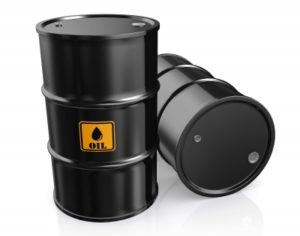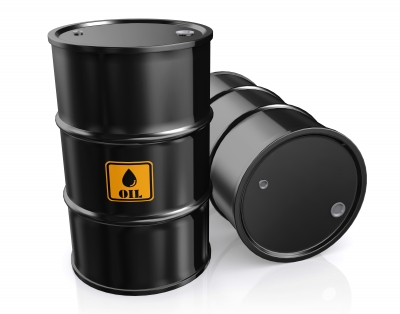 Philippine transport service providers warn any increase in excise tax on petroleum products will mean higher operational costs that will eventually be passed on to consumers.
Philippine transport service providers warn any increase in excise tax on petroleum products will mean higher operational costs that will eventually be passed on to consumers.
The government is proposing a staggered increase in diesel excise tax from zero to P6 per liter over a three-year period from the second half of 2017 to 2019. For gasoline, excise tax will increase from P4.35 to P10 per liter come 2019. By 2020, diesel and gasoline excise tax would be adjusted again by 4% to account for inflation.
Bunker fuel, which is used by sea vessels, will have the same increase as diesel while aviation fuel will have the same excise tax rates as gasoline.
The proposed increase in fuel excise tax is part House Bill (HB) No. 4774—authored by Quirino Province Representative Dakila Carlo Cua and backed by the Department of Finance—that seeks to undertake a comprehensive reform program of the country’s tax system.
The proposed fuel excise tax is one of the government’s revenue-offsetting measures for the loss of revenue due to proposed lowering of personal income taxes, which is also part of the tax reform.
Citing a Maritime Industry Authority statement, Philippine Inter-island Shipping Association (PISA) executive director Atty. Pedro Aguilar noted fuel accounts for 50% of ships’ operational costs. A 2015 calculation by PISA-member organization Philippine Liner Shipping Association, however, put this figure at a lower but still considerable rate of 30%.
Aguilar said any addition in the price of fuel will jack up operational costs for vessels, which use bunker fuel for its engine and diesel for gensets. And since the domestic shipping sector is deregulated, ship operators may impose a fuel surcharge or hike freight to accommodate higher operating costs, he noted.
Philippine Chamber of Arrastre and Stevedoring Operators president Benjamin Cecilio agreed that the increase in fuel excise tax will mean additional operating costs for arrastre and cargo-handling operators since cargo-handling equipment runs on fuel.
Cost drivers, which include fuel costs, is one of the grounds arrastre and cargo-handling operators cite when asking for a rate increase from the Philippine Ports Authority.
Trucking rates may also increase if the P6 per liter excise tax for diesel is implemented. Inland Haulers and Truckers Association president Teodorico Gervacio and Confederation of Truckers Association of the Philippines (CTAP) director Alberto Suansing both said all truckers use diesel for their units. Earlier, CTAP vice president for external affairs Pepito Dino noted that trucking accounts for 35% to 40% of overall costs of manufacturers and producers. – Roumina Pablo
Image courtesy of yodiyim at FreeDigitalPhotos.net





